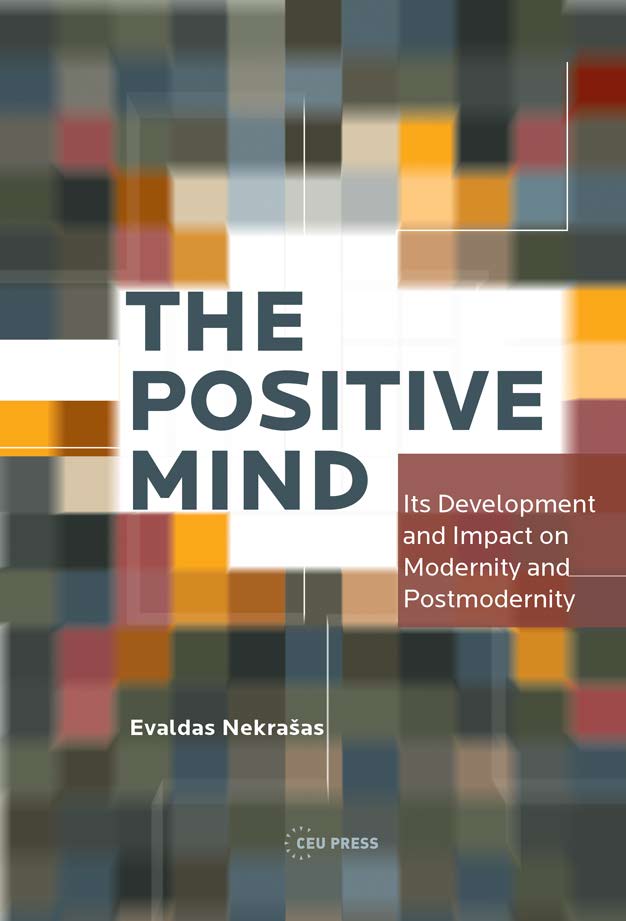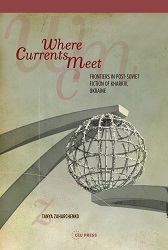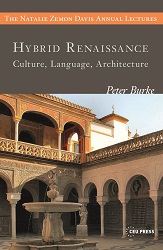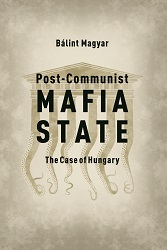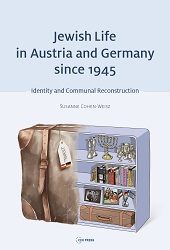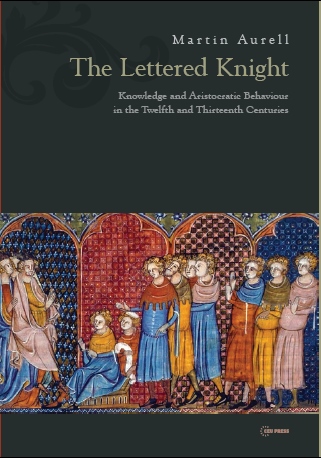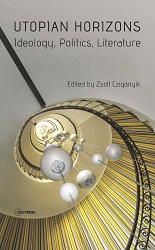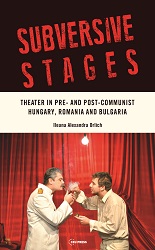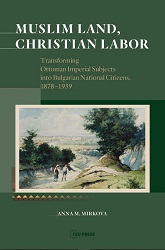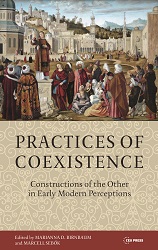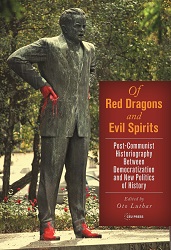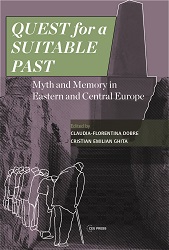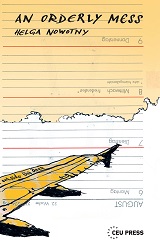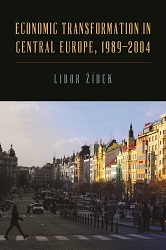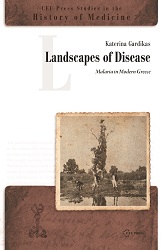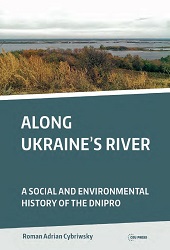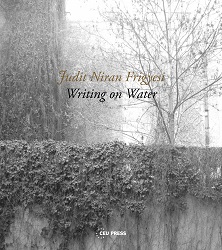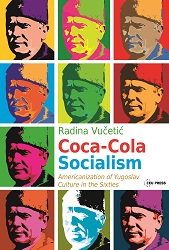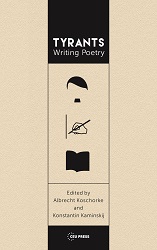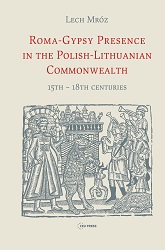
Roma-Gypsy presence in the Polish-Lithuanian Commonwealth. 15th-18th Century
Roma-Gypsy Presence in the Polish-Lithuanian Commonwealth. 15th-18th Century
Keywords: Romanies; History; Ethnic relations; Poland; Lithuania – Poland; Grand Duchy of Lithuania;
This is an analysis of 166 original and previously unpublished documents dating from the very first mention of a Gypsy in 1401 up to the year 1765. These documents range from royal decrees thru lawsuits to entries in municipal records. Some were written in Polish but many are in Latin, German or Ruthenian. They tell the story of not only the Gypsies living in Poland, but also of those who now live in Belarus, Lithuania, Latvia and Ukraine.Though Poland has not traditionally had a large Roma population, the author leads the reader through an eventful history of a people living on the margins of contemporary Europe. The historic documents illustrate a marked contrast to present stereotypes and popular media images and shows how the position of Roma/Gypsies shifted gradually from respected, wealthy and partly settled citizens of the early modern times, towards criminalized vagrants of the 18th century. This is a careful interpretation and re-interpretation of documents pertaining to the Roma's past that will provide an enlightening historical perspective towards the re-evaluation and self-definition of the Romani people in contemporary Europe.
More...
